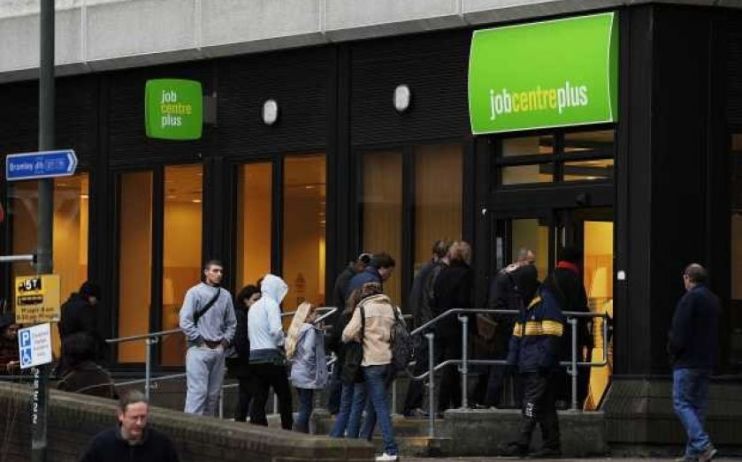Coronavirus crisis could affect 59m jobs across Europe

The devastating economic effects of the coronavirus lockdown could affect 59m jobs across Europe, according to a reporting published today by consultancy giant McKinsey.
The research said 26 per cent of total jobs across the 27 member state of the European Union plus the UK could be affected by reductions in hours or pay, temporary furloughs or permanent layoffs.
If Europe fails to control the virus within one quarter and is forced to implement lockdown measures throughout the summer the economic consequences could be “severe,” the report said.
In this scenario the unemployment rate for the EU-27 is projected to peak in 2021—at 11.2 per cent—and is unlikely to recover to 2019 levels by 2024, McKinsey said.
If the virus is contained within two-to-three months of economic shutdown, the report predicted unemployment peaking at 7.6 per cent in 2020, before returning to the pre-crisis level of 6.3 per cent by the fourth quarter of 2021.
Young people are most likely to be affected with 41 per cent of jobs for 15-24 year-olds (7m) at risk, compared to 25 per cent and 23 per cent among 25-54 year-olds and 55-64 year-olds respectively.
McKinsey said high-risk occupations include 54.8m workers, most of whom work in close proximity and significant exposure to the general public; they include retail cashiers, cooks, and actors
Medium-risk occupations include 14.7m workers that perform their work in close proximity to others, but not to the general public. These include machine operators, construction workers, and psychologists.
High-risk occupations include 54.8m workers, most of whom work in close proximity and significant exposure to the general public; they include retail cashiers, cooks, and actors.
Low-risk occupations include 160.5m workers that either do not work in close proximity to others, such as accountants, architects, and journalists, or whose work provide essential health services, such as physicians, ambulance drivers, and health- service managers, or other essential services such as police, food production, education,
public transit, water, or utilities.
Separately, research from graduate careers site Milkround and Dig-In found three-quarters of recent graduates and current students feel that the ongoing situation around covid-19 will heavily impact their future career prospects.
Before the covid-19 outbreak, 60 per cent of Gen Z (aged 18-22) typically secure a graduate position before leaving university.
However, of those graduating this summer, only one fifth (18 per cent) currently have a job lined up. Even then, three-fifths (60 per cent) of those are worried their position will be impacted by covid-19, as several companies retract offers and put recruitment on hold.
Georgina Brazier, jobs expert at Milkround, said: “Understandably, the situation around covid-19 is having a knock-on effect for student and graduate’s confidence in the current jobs market.
“However, despite many businesses being forced to postpone current recruitment drives, the ISE has revealed only a quarter (27 per cent) of companies will be recruiting less graduates this year, showing there is still demand.
“Students should be reassured there are still various well-renowned companies looking for ambitious entry-level talent, to join their business and help deliver change. Most notably, the education, medical, accounting, IT and engineering, as well as the public sector are amongst the industries still continuing to hire.”